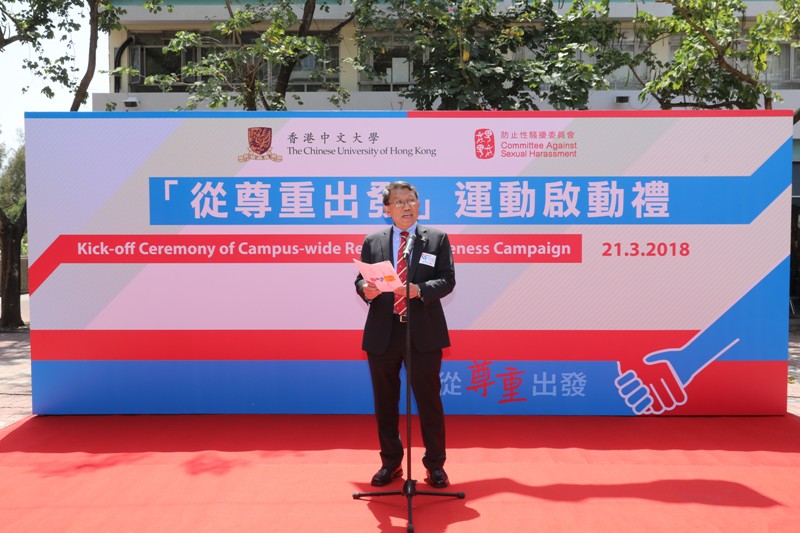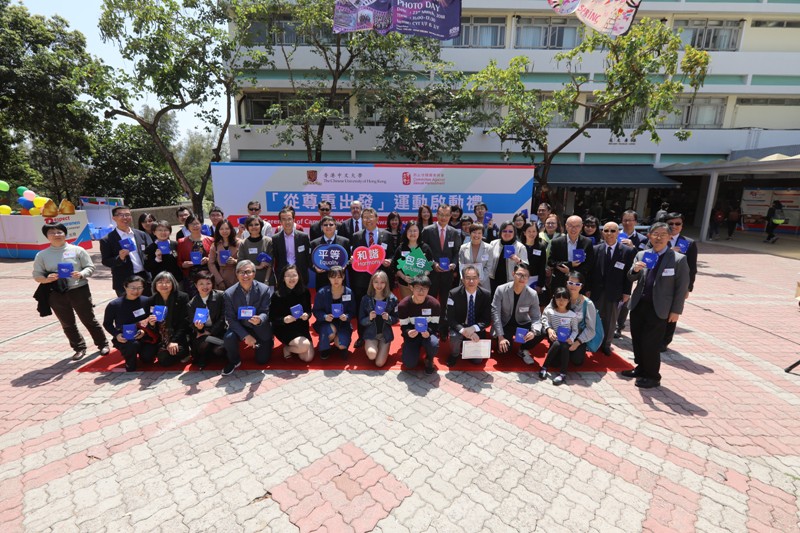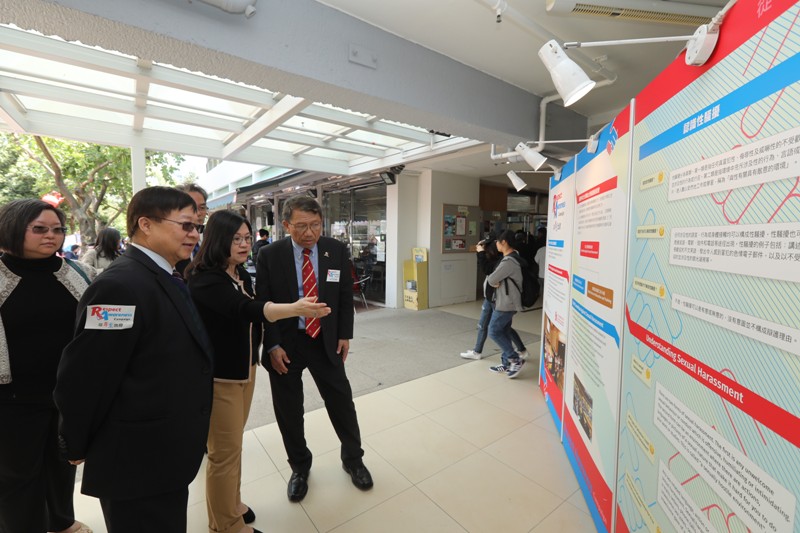Conciliation, Investigation and Appeal
| 16) | Any staff member or student who believes that he or she is a victim of sexual harassment should act promptly. Correcting the situation immediately is in everyone's best interests. Ignoring sexual harassment may make the situation worse because the harasser may misinterpret a lack of response as approval or condonation of the behaviour. Delay in making a complaint may also present difficulties for the University in conducting a thorough investigation and establishing the facts of the case. |
||||||||||||
| 17) | Any staff member or student of the University who (a) has been sexually harassed by another staff member or student; (b) has witnessed an act of sexual harassment committed by another staff member or student of the University; or (c) has been expressly authorized by a victim to act on his/her behalf may approach the Panel Against Discrimination and Sexual Harassment. The current officers designated by the Panel Against Discrimination and Sexual Harassment to deal with enquiries and complaints are:
The designated officers shall inform the staff member or student concerned of the mechanism and options for dealing with allegations or complaints of sexual harassment and may offer assistance, including counseling, to the individuals concerned in the subsequent conciliation or investigation processes |
||||||||||||
| 18) | Separately, all cases of possible sexual harassment that have been drawn to the attention of College or University officers should be referred to the Panel Against Discrimination and Sexual Harassment to ensure consistency in dealing with the matter. |
||||||||||||
| 19) | Where a complaint had been made but the complainant has declined to participate in the normal procedures or a complaint is brought anonymously or brought by third parties not directly involved in the case, the University shall review the case to determine whether a further inquiry into the underlying circumstances is justified. The review shall be conducted jointly by the designated Pro-Vice-Chancellor and the Panel Convenor who have full authority to determine whether to conduct a further inquiry. In the event that a decision to proceed with an inquiry has been reached, an individual who is the subject of the complaint shall normally be notified in writing of the complaint, and be given the opportunity to respond to it. |
||||||||||||
| 20) | Conciliation and complaint investigation processes are available to staff members or students through the Panel Against Discrimination and Sexual Harassment. A flow chart on handling sexual harassment complaints is appended in Annex 2. The Panel Against Discrimination and Sexual Harassment shall have the responsibilities as detailed in Annex 3 and shall report to the Committee Against Discrimination and Sexual Harassment. For each allegation/complaint, a team of at least two panelists will be appointed by the Panel Convenor to conduct conciliation or investigation. The primary purpose of the conciliation and complaint investigation processes is to deal with the complaint fairly and expeditiously. |
||||||||||||
| 21) | When a request for separation is made on reasonable grounds, whether during the process of conciliation or investigation or as part of the resolution of the complaint with a view to protecting any staff member(s) or student(s) of the University, the designated Pro-Vice-Chancellor may request departments/units concerned to give sympathetic consideration and explore all reasonably practicable arrangements to accommodate the request. |
||||||||||||
| 22) | For an allegation that potentially discloses the commission of a criminal offence, the University has the right to report the case to the police for handling. In the event that a sexual harassment complaint is under criminal investigation by a law enforcement agency or is the subject of criminal or civil proceedings in court, the University may suspend its conciliation or investigation process. The Panel may resume the conciliation or investigation process if the criminal investigation is abandoned, not proceeded with, discontinued or completed or following the dropping or completion of criminal or civil proceedings. |















